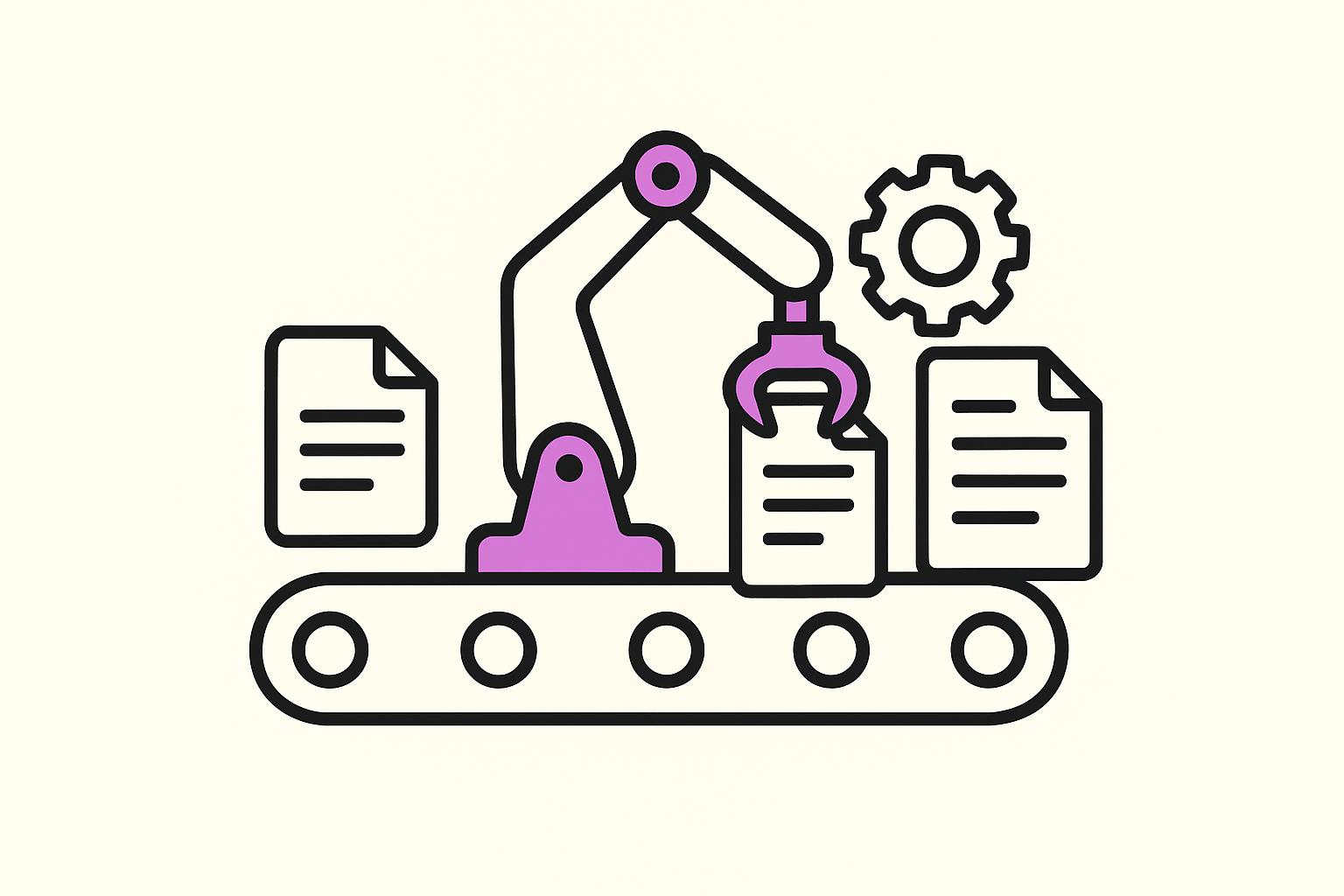Building an AI-Native Workflow in Your Legal Practice


Most lawyers are still treating AI like a better search engine. Type in a question, get an answer, copy-paste into a document. That’s not a workflow. That’s a party trick.
An AI-native workflow means your tools talk to each other. Your research informs your drafting. Your drafting feeds your client communications. Your work product gets better the more you use it.
What This Actually Looks Like
Take litigation timelines. The old way: read through discovery documents, manually extract dates and events, build a timeline in Excel or a timeline tool, hope you didn’t miss anything critical.
The AI-native way: feed documents to an agent that extracts events, dates, and relationships. Review the output. Refine the instructions. Export to your preferred format. The agent learns what matters for your type of case.
Same work. Better output. Less time.
Starting Small
You don’t need to rebuild your entire practice overnight. Pick one repetitive task:
- Document review for specific clauses
- Timeline creation from case files
- Cap table updates from transaction documents
- Client intake questionnaire processing
Build or find an agent that handles that one thing well. Use it until it’s second nature. Then add the next one.
The Infrastructure Question
Some firms worry about building internal tools. “We don’t have developers.” Neither do most small firms. That’s why specialist agents exist.
You’re not building a platform. You’re using purpose-built tools that solve specific legal problems. The same way you use case management software without knowing how to code it.
What Changes
Your leverage changes. Tasks that used to require an associate take minutes. Work that justified hiring someone new becomes routine.
Your pricing can change. When timeline creation takes 20 minutes instead of 8 hours, you can offer fixed fees that actually make sense.
Your stress changes. Less time on repetitive tasks means more time on strategy, client relationships, and the work that actually requires a lawyer’s judgment.
The Community Piece
The lawyers figuring this out aren’t doing it alone. There’s a growing community of legal professionals sharing what works, what doesn’t, and what tools are actually worth using.
That’s what we’re building at Mino. Not just agents. The knowledge to use them well.
Join us.